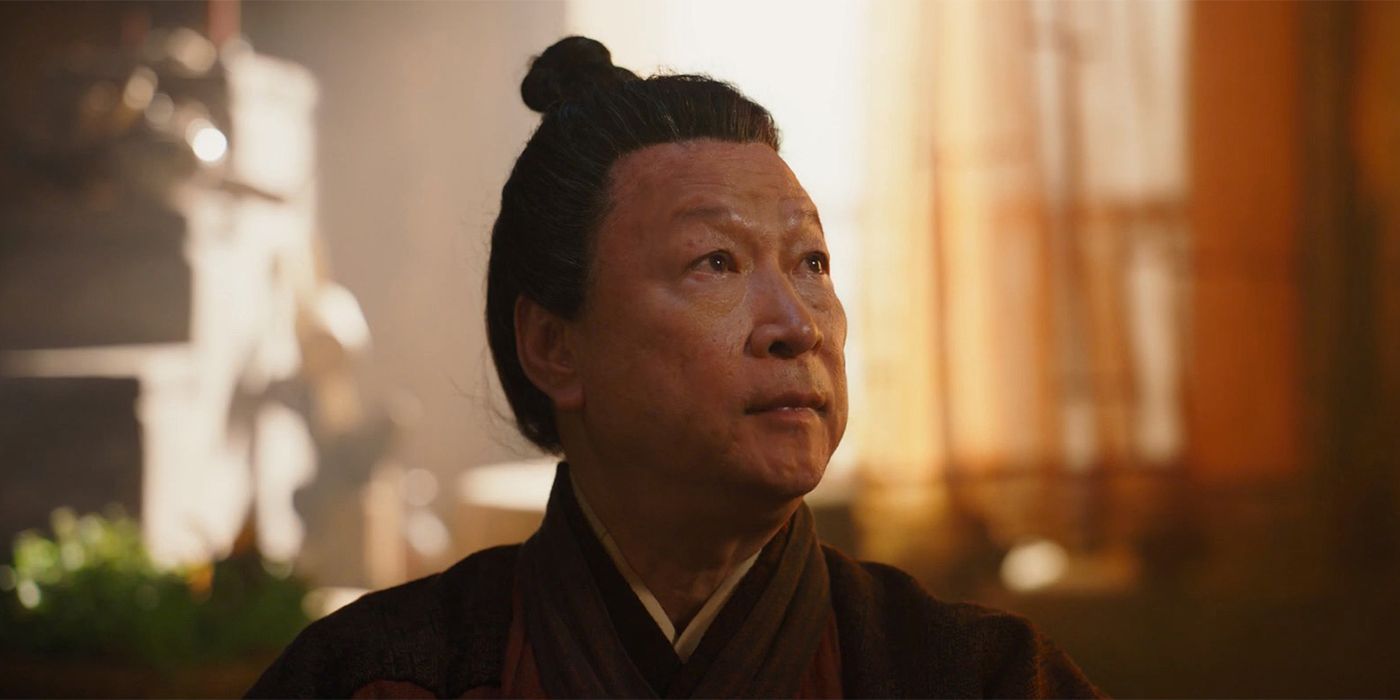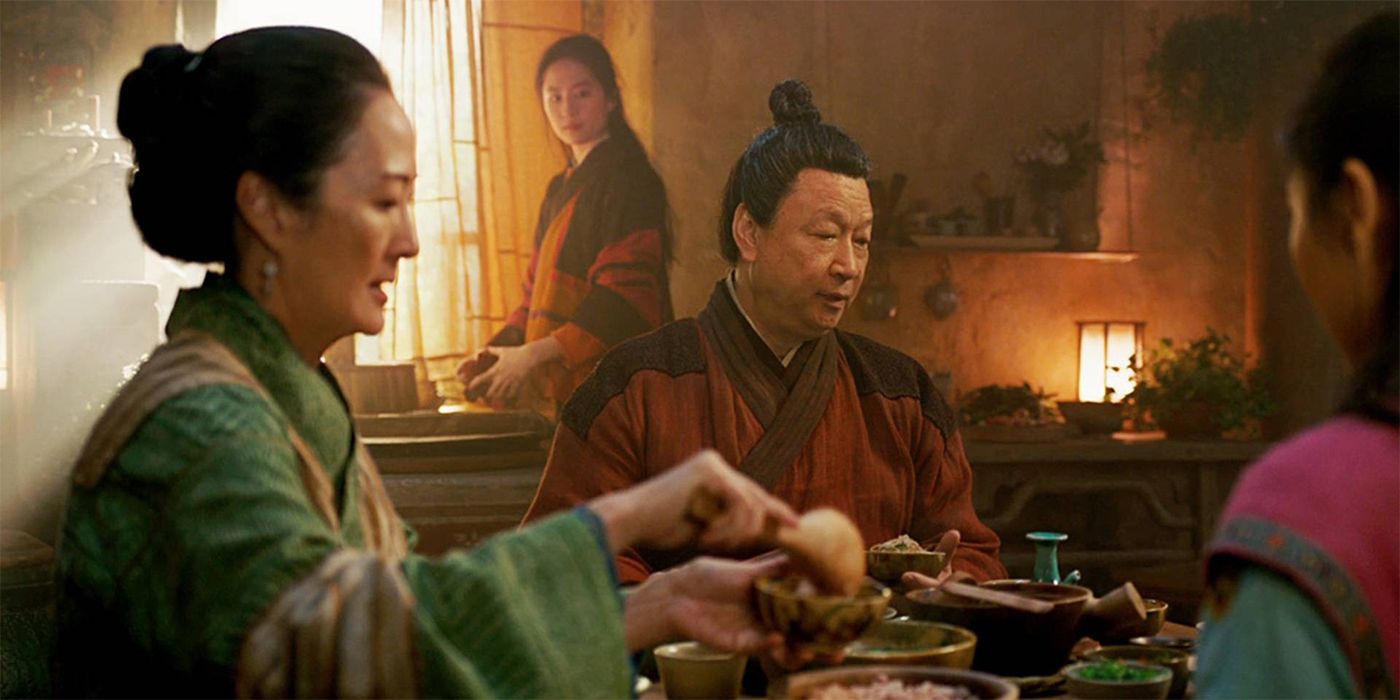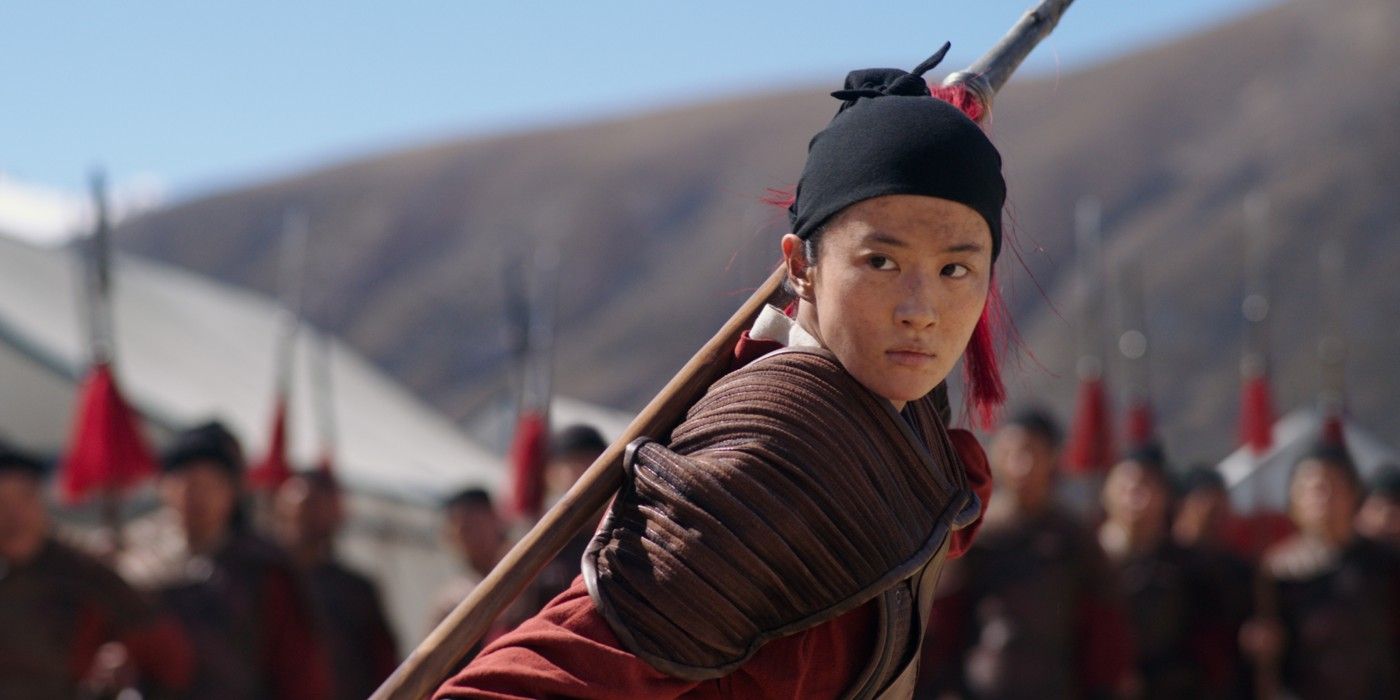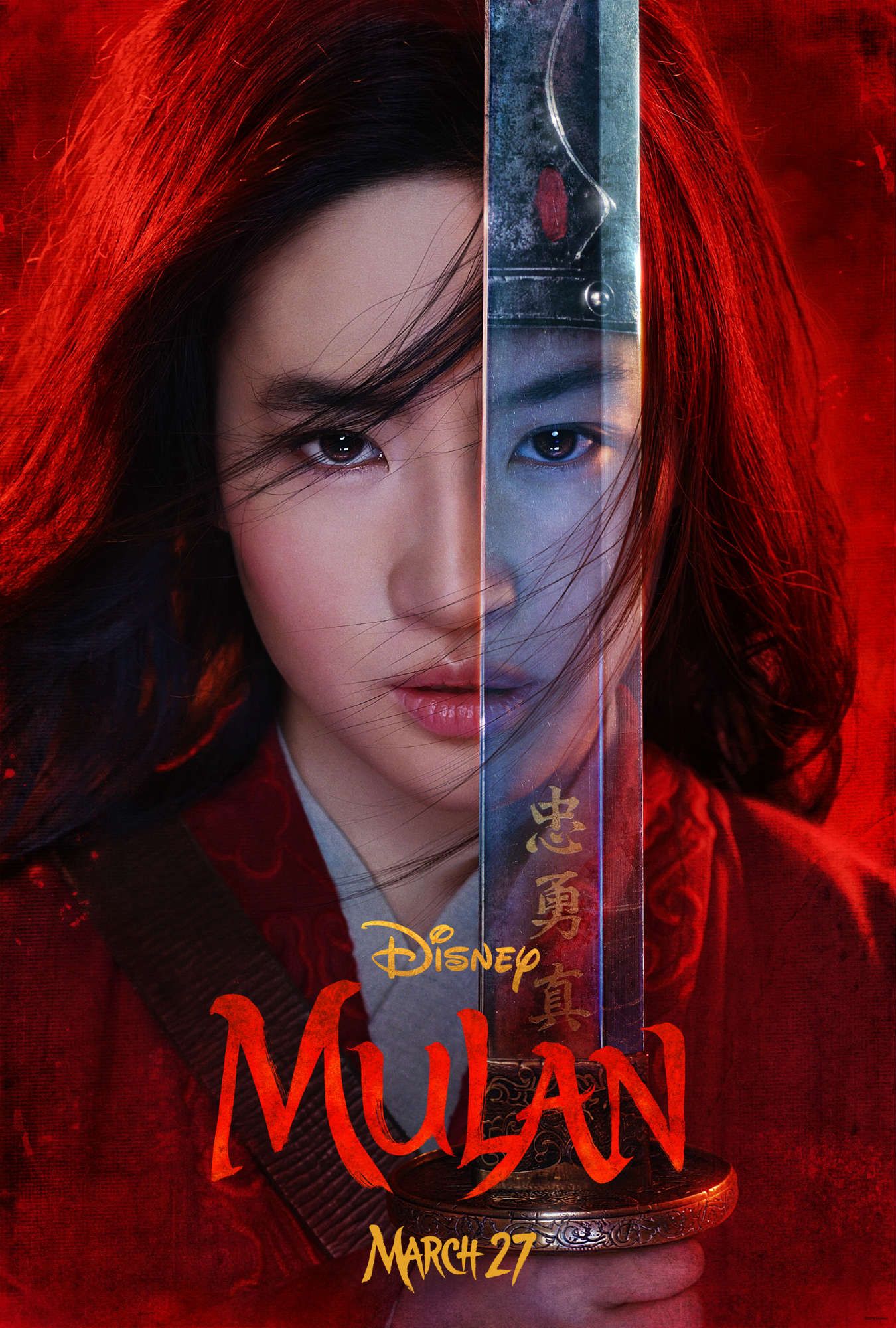After months of anticipation and shifting release dates, Disney's Mulan will finally reach audiences via the Disney+ streaming service on September 4. Not only is the tentpole release an important gauge for theaters and premiere streaming alike in pandemic times, it's also a film with very high expectations waiting to be fulfilled.
Mulan is an animated classic that boasts beloved songs such as "Reflection" as well as iconic secondary characters like Mushu the tiny dragon. While the live-action adaptation has dispensed with musical numbers and talking animals, however, it does have a few tricks up its sleeve. The story pays much closer homage to the famous Chinese poem, The Ballad of Mulan, and further expands the young heroine's (played by Yifei Liu) dynamic with her family.
Her loving yet fraught relationship with her father Zhou is especially highlighted in the first half of the film, and acclaimed actor Tzi Ma steps into the role admirably. After playing a dad to two very different women in celebrated works The Farewell and Tigertail, Ma once again finds a new dimension to the father-daughter dynamic in Mulan. He spoke with Screen Rant about the reasons he was excited to join the cast, and just how the film highlights the power of both tradition and individuality.
How familiar were you at first with both the animated version of Mulan and “The Ballad of Mulan”?
Tzi Ma: I was very familiar with both. I love the animation; I was really envious and pissed off that I wasn't in it. Because I wasn't around, but all my friends who were in the animation couldn't get over me complaining about them all the time. And saying, "You know what? You guys needed to leave me a little role." So, I am familiar with the animation, and they were wonderful. They're really fine actors, with Ming-Na and George and Pat and Soon-Tek - everybody. It's wonderful to see the animation.
Also, The Ballad of Mulan is so ingrained in our culture that it's really difficult not to be aware of it. We know there are so many reincarnations of this particular story, and it's really cool that Niki decided to go with the original ballad. So, I'm very happy.
I loved how certain moments, like the rabbits running side by side, were incorporated from the ballad. Were there any other aspects or cultural touchstones that struck you in this adaptation?
Tzi Ma: I think the matchmaking is definitely ingrained in the culture. Back in the day, there were a lot of arranged marriages - until recently. Really, even now you kind of start consulting people who have to match up your dates. "What day were you born? What year, what sign," you know.
You have all of those things that are kind of echoing throughout our lives. Even when we're so Americanized, and so assimilated, we can't shake it. We're being constantly reminded of all the things that we bring along.
How did you end up becoming a part of the project, and what made you jump onboard?
Tzi Ma: I almost missed the whole thing, because I was working out of out of the country. I thought, "Okay, here we go. I missed it again." But it just turned out that they didn't cast the role yet. So, I was very happy when my manager called one day and said, "Guess what? This role is still available!"
So, a meeting was arranged for me and Nikki. And I tell you, she really impressed me with all the preparations and the understanding - really understanding the journey of Mulan, and really understanding the relationship between father and daughter. That's what really convinced me to, at any cost, want to be in this film. Firstborn? Go, take it.
One of the father-daughter moments I really loved was Zhou warning Mulan about her chi, which shapes her behavior when she goes to war. What do you think went through his mind when he first realized what his daughter could do?
Tzi Ma: I think as a father and as an individual and as a human being, I think that's probably the most difficult decision that you can possibly make. Given the fact that you know how the world is, and you need to ask someone - a young person in particular - to alter and adjust their natural abilities. It's quite difficult.
But given the circumstances, and knowing that societal demands will not accept certain things, I think it transcends a lot of things. I think it transcends our attitudes about people who are different, or perceived to be different.
I think that particular speech really encompasses all the people who are struggling, like the LGBTQ community and the obstacles that they must face to be who they are. I think that speech really speaks to all of them. And I hope that with Mulan's journey, and with the outcome of it [being] so rewarding, everyone can say, "I shouldn't have to hide these gifts." I hope that will translate. I hope people will take it to heart and be more inclusive; be more accepting. That's why we're here; that's why we do what we do.
You've been on a roll with great dad characters lately. What draws you to these roles, and what have you learned from your onscreen daughters?
Tzi Ma: I have an all-star team of daughters. They're all very strong, forthright, and, they are independent. They unapologetically bring their point of view, and I learned that those things are important to acknowledge. It wasn't always the case.
I come from a fairly male-dominated culture, where the men are the bosses, and we tend to overlook a lot of things. We tend to take certain things for granted. And by playing these roles, I think somebody has a plan for me, because of who I was as a male. Every role I take - and only daughters, it's fascinating to me too. I don't know why it happened that way. But maybe it's just the universe telling me that's the lesson I need to learn.
So, they keep on coming back and throwing different daughters at me. Rebellious ones, once it are contentious, ones that are more obedient. All of these wonderful, wonderful roles as father are really - like I said, if there's nothing more that I do for the rest of my career, I'm happy. Just to keep on doing this is fine with me.
You've been an advocate for diversity in Hollywood and the expansion of available stories for Asian-Americans. How would you say the landscape has changed over the last decade, and where is there still room for improvement?
Tzi Ma: Man, forget the last decade - just talk about last three or four years. I think, finally, I feel that we have a foothold with the world paying attention to all of these diverse stories. Some of them are very personal, some of them very small, but nonetheless they're stories that people are interested in because there's certain universality to them. It speaks to the global audience without having to really sell it in a way where it's just a lot of action or a lot of CG.
I mean, those things are great; these fantasies. But I think in today's day and age, I think we really need to pay more attention to the heart. The more we see these types of films being successful and welcoming to the audience, I think audiences will keep growing and learning. It's a learning process for all of us.
Mulan is available to stream on September 4, exclusively through Disney+ with Premier Access (Disney+ subscription and additional fee required).




